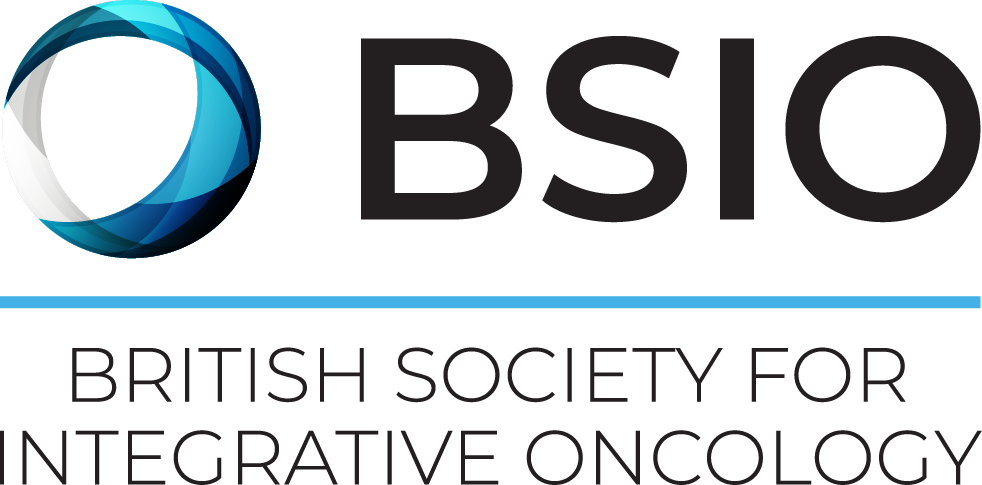The current of cancer care
When I set up Yes to Life some 16 years ago, it felt like a decision to push offshore, and paddle up-stream against a roaring flood. I wasn’t alone in doing this. There were many other isolated individuals paddling as hard as they could in quite another direction to the overall tide of cancer care – as there always had been. At this time, the term Integrative Medicine hadn’t emerged into common use. We were back in the black and white era, a time when the many complied with the simplistic views of the impoverished few on both sides of the divide with low empathy and black and white vision, who were ill-equipped to deal with the subtleties and complexities of human needs and of cancer. It was more about being right, knowing, and preserving the status quo than anything to do with what was best for those suffering with cancer.
As in most key realms of society, over time, medicine established itself as a powerful hierarchical system, and assigned itself the role of the arbiter of the public’s healthcare needs. In recent decades however, in parallel with similar developments across society, the public has begun to assert its right to self-direction and choice and has become far less passive and much better informed about health and wellbeing. This is an entirely wholesome direction, which has created the foundation that underpins the current move towards integration.
Inevitably the early moves by individuals to take control of their health or exercise choice were characterised in black and white, and choices for anything outside the prescribed healthcare on offer were roundly dismissed as quackery, almost certainly dangerous and potentially fatal.
Then followed several decades in which pioneering patients, practitioners and researchers slowly built new ground of shared patient experience, clinical expertise, and latterly a formidable body of evidence to support the many strands of a genuinely integrated, person-centred approach. Along the way, the interest in the potential of what was then called Complementary & Alternative Medicine (CAM) grew exponentially amongst the public, but also amongst many professionals, who began expanding their expertise.
At a certain point, a concerted effort was needed to bridge the artificial ‘us-them’, ‘safe-dangerous’, ‘proven-unproven’, ‘science-pseudoscience’ divide that had been established and maintained by those to whom the very idea of patients making their own choices was unpalatable. A new overarching term was needed to signify this move, and Integrative Medicine was to emerge as the banner for the campaign.
Five or six years into the trajectory of Yes to Life, we decided to focus energy on the need to break down these seemingly impenetrable barriers between mainstream healthcare and all the other modalities on offer to people with cancer. Along with a small group of similarly-motivated practitioners, we set up the British Society for Integrative Oncology, with the aim of bringing together the best practices and science to promote the cause of integration, as well as to create a meeting place for like-minded professionals to find mutual support and create a momentum for change. Following this, Yes to Life ran high profile events that particularly targeted the need for communication across the divide in the best interests of patients. These included events under the banner of Starting the Conversation, last year’s groundbreaking Your Life & Cancer, and now this coming autumn, Bridging the Gap.
The last year has seen an unprecedented acceleration in the move towards integration in cancer care. The BSIO, after a decade of operating at a low level, has been propelled to completely new heights through a fresh injection of practitioners – notably the irrepressible Dr Nina Fuller-Shavel – and a groundbreaking high-profile BSIO professional event, Integrative Oncology UK, leading to a surge in membership. It is now growing steadily, developing a range of resources and services for practitioners, and collaborating closely with the SIO in the US.
This has coincided with the championing of integration from within the NHS. Until recently, this was a one-man mission undertaken by Professor Robert Thomas, a consultant oncology and an ardent proponent of Lifestyle Medicine (as many of the CAM approaches had come to be described). After a decade of flying the flag solo, he has been joined by senior NHS oncologist Dr Penny Kechagioglou on a personal mission to bring integration into the NHS, and now Co-chair of the BSIO. Many others are beginning to show interest in following in their footsteps.
Fortunately, the vast majority of professionals within healthcare, when not stifled by a mechanistic and hierarchical healthcare system, would naturally support the best and most comprehensive care for patients, which points towards a shared meeting with patients in what is called patient-centred care. In fact, interest in integration has never been greater, and is now appearing in all fields of healthcare, to some degree. To hear that influential internationally-acclaimed oncologist and author Dr Siddhartha Mukherjee has, for example, set out to trial the effects of diet on cancer and cancer treatment is both affirmational and inspirational to those who have fought so long for integration.
The journey upstream has been a long and hard one, particularly here in the UK. Although great progress has undoubtedly been made, in truth, it’s been painfully slow, and there’s still an awfully long way to go. But at least integration has now begun in earnest. The current of healthcare is really starting to change direction, and, hopefully within my lifetime, I can look forward to a time when to support integration will be to simply go with the flow.
Author
Robin Daly, Founder & Chairman of Yes to Life, Patient Representative of BSIO

